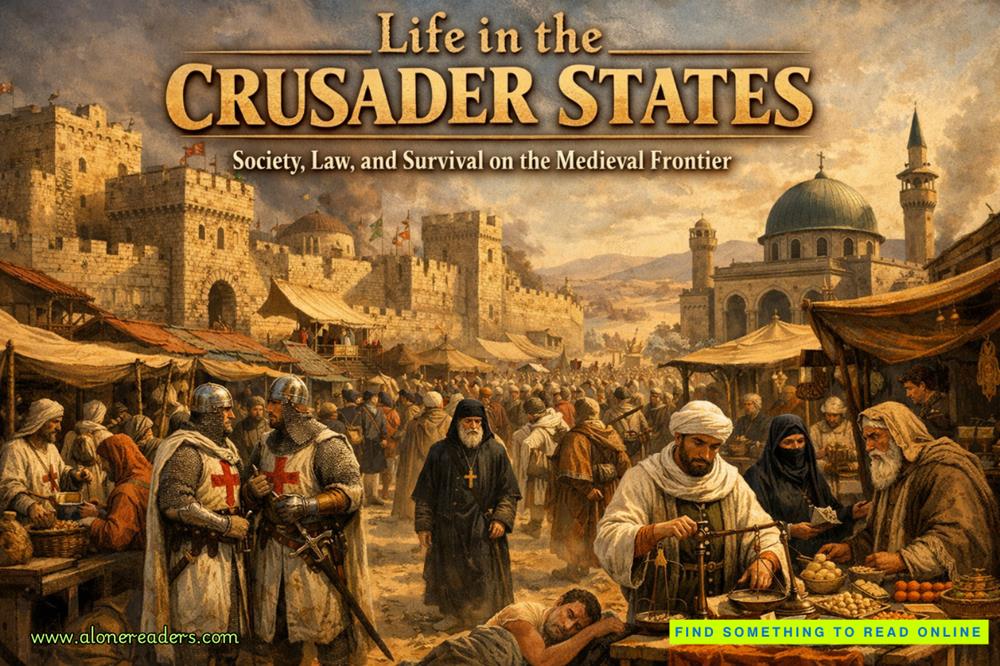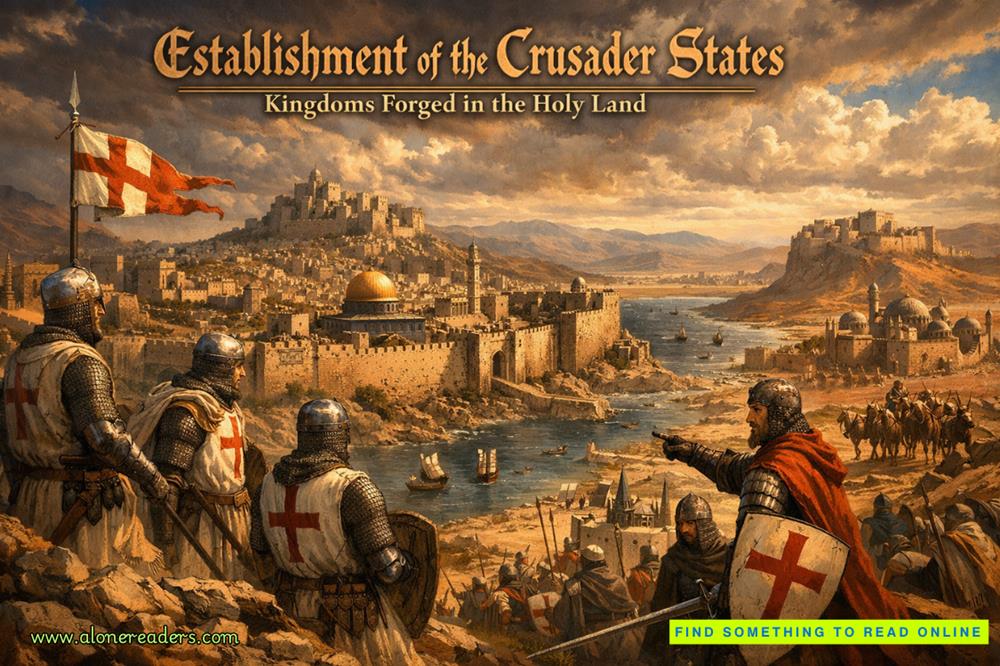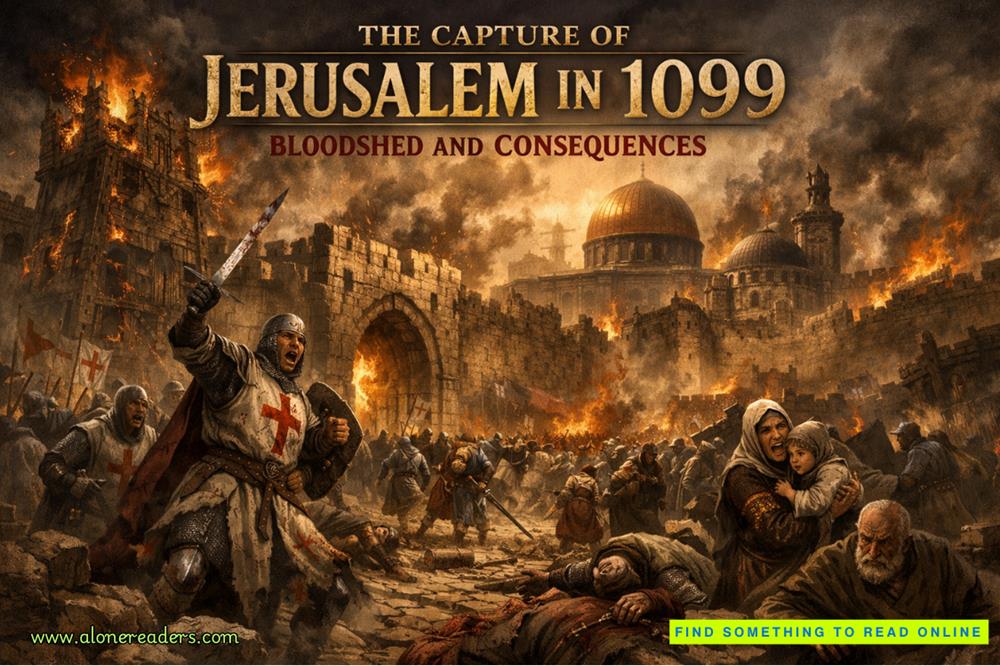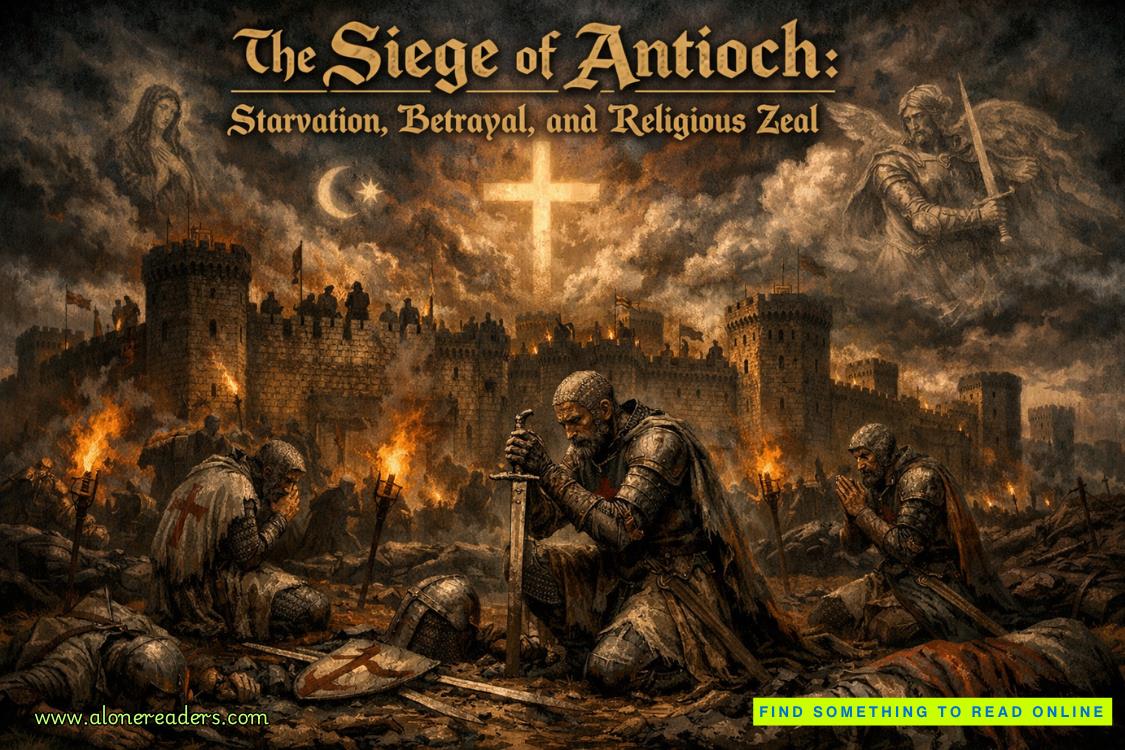Two women in sundresses asked for his autograph on a napkin. He gave it with a flourish that would have looked ridiculous on any other man. He told them to tell their mamas he said hello because, of course, he knew their mamas from church, or claimed to, which was close enough.
He could hold a room still like nobody else. I loved him for it and wanted to drag him into modern times by both lapels.
A thought slipped in uninvited: The guy from the beach across from him in this booth, all that quiet mass leaned back just enough to make the space feel small. Dog tags catching the bright sun, the bear claw tapping a slow, private beat against his sternum. My granddaddy’s big laugh hitting his lack of a smile and breaking around it like waves around a piling.
What would that even look like in my real life—dating a man like him? The Charleston boys I’d grown up with had been charming enough, but their edges were dulled by country clubs and boat days.
Horse Guy, as Owen had called him, looked like he’d been carved by something harder. A different place. A different life. He wouldn’t care about brunches on King Street or oyster roasts on Sullivan’s Island. He wouldn’t orbit my world the way other men had. He’d tilt it. Break it open. And I couldn’t decide if that scared me or thrilled me.
Butch would test him. Horse Guy wouldn’t care. He’d sayYes, sirthe way he’d saidYes, ma’am—not deference, just fact.
Heat slid under my skin, low and shameless. I pressed my thighs together and reached for my water like hydration would fix it. It didn’t.
“You’re pink,” Butch observed, amused. “Thinking about a boy?”
How did Granddaddy know?
“Thinking about barometers,” I said, refusing to look away.
He chuckled. “Barometers don’t make you blush, sugar.”
The waitress returned with soup and the world steadied in grease and salt and habit. Butch told a story about Strom Thurmond stealing his parking spot in ’92 and made the whole section laugh. He said something about how you can’t even call a pretty girldarlin’anymore without getting sued, and I stared at him until he amended, poorly, “Well, you shouldn’t do it to every pretty girl.”
He didn’t mean harm. He carried it, anyway, woven into the fabric of his charisma like a thread you couldn’t pluck without unraveling the whole.
“Why do you care so much about this rain, Natty-girl?” he asked finally, softening in that way he could when he remembered I wasn’t a voter but his blood. “It’ll come or it won’t. This city’s been wet longer than you've been alive.”
It wasn’t just the rain. It was this morning at Isle of Palms, watching the tide gnaw the dune like it had a grudge. It was the seawalls people begged for and the ones that always failed someone else downshore. It was the market streets built lower than sense, the basements that had no business being basements, the pretty facades hiding centuries of patched foundations. Charleston was beautiful and beloved and fragile, balanced on its sand and marsh like a child on a seesaw—lean too far one way and the whole thing tipped. The rain in the forecast was just the next reminder, but the real weight was always there.
“Because cars are cheaper to move than houses are to fix,” I said. “Because Ms. Rosa on America Street is one clogged drainaway from a ruined week. Because people trust the blue sky more than my map, and I need them to trust me for once.”
He looked at me then the way he used to look at the river in Holly Hill before deciding whether to jump from the old rope swing. “Sometimes you talk like me,” he said, a little wonder in it.
“You taught me,” I said. “You just don’t like where the words land now.”
He laughed, and pride and irritation shared the seat in his eyes. He tapped the table with one thick finger. “You sure do make those maps sing,” he said. “Ain’t many could wrangle a whole city into listening—’specially a little lady.”
I held his gaze, letting the compliment land and prick at the same time.
I’d gotten the message young at his knee—girls could be bright, helpful, even formidable in a pinch, but the real levers were for boys. It was never said like a threat, just a law of nature, like humidity or high tide. I resented it in a way that lived under my ribs, but I didn’t hate him for it. He’d been made by a different Charleston, one where men shook hands and women passed the deviled eggs, and he truly believed that was kindness. I knew better now, and he knew I knew, and somehow we loved each other right through the argument.
He reached across and covered my hand with his, palm big and warm. “You keep at it. You do good work. Best I’ve seen, even if you talk faster than a man ought to.”
We paid because the manager tried to comp and Butch refused and then tipped like a sinner at confession. When we stood, a young man in a polo told him his granddaddy had voted for him five times and Butch told him to get a haircut “if you want the world to take you serious.” The kid nodded and laughed.
Outside, the sun hit us clean. The city glowed like a promise it intended to keep. The forecast sat on my mind. Not imminent. Not yet. But the window had moved from wishful thinking to planning.
I walked beside Granddaddy down East Bay, his stride loose and commanding, my head full of water maps and storm drains and the memory of a stranger on a horse.
Charleston sparkled like she always did in good light, but I couldn’t unsee the cracks beneath the shine. The rain was coming—not today, but soon enough. And when it did, the city would look to men like my granddaddy for comfort. I might’ve wanted them looking at me, too, and I hated how much the thought of Horse Guy’s eyes on me felt like the same kind of storm.
6
ETHAN
The next morning, sunlight sliced through the curtains like a lazy accusation, pulling me from sleep later than I'd let myself drift in years. 7:15am. My internal clock shattered, no alarm blaring, no boots hitting the floor at zero-dark-thirty. The Palmetto Rose bed had betrayed me—too damn comfortable, sheets cool and heavy, pillows stacked like they knew a man my size needed fortification.
I lay there a beat, staring at the ceiling's plaster medallion, some intricate swirl that probably cost more than a month's feed for Flapjack. First night in Charleston, and I'd slept like the dead. A rarity. A gift, maybe. Or a warning.















